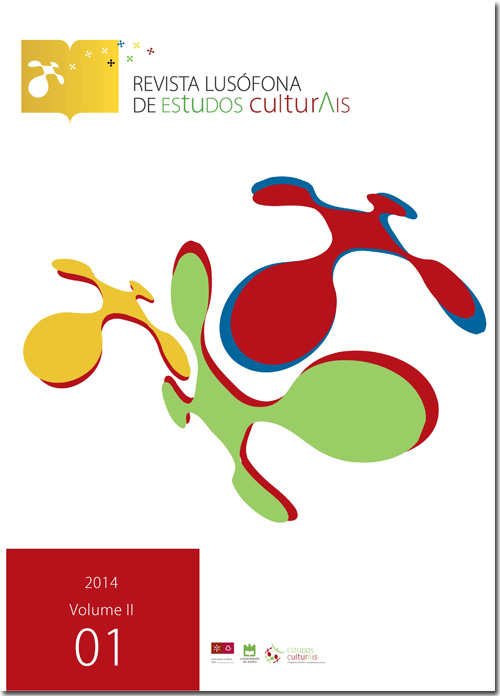DIASPORIC IDENTITY(IES) AND THE MEANING OF HOME IN AUTOBIOGRAPHICAL DOCUMENTARY FILMS
DOI:
https://doi.org/10.21814/rlec.55Palavras-chave:
Autobiographical documentaries, memory, home, identityResumo
Reconstructed in social contexts, the memories of forced migration experiences such as those lived by filmmakers Diana Andringa and António Escudeiro – who had to leave Angola, the country where they had been born and raised – are now being highlighted, shared, and negotiated in the current audiovisual context. The documentaries analyzed in this work, Escudeiro’s Goodbye, Until Tomorrow (2007) and Andringa’s Dundo, Colonial Memory (2009), allow us to reflect on how these memories of migration experiences are portrayed in contemporary Portuguese cinema. In this article, we argue that autobiographical narratives – oral and visual – are privileged sites for investigating cultural identity and its construction. Our thematic analysis of these two documentaries was complemented by an in-depth interview with the authors. This multi-method approach allowed us to investigate the social and cultural contexts in which they lived, as well as the meanings of home and belonging to the two filmmakers.Downloads
Não há dados estatísticos.
Downloads
Publicado
2014-06-17
Como Citar
Macedo, I., & Cabecinhas, R. (2014). DIASPORIC IDENTITY(IES) AND THE MEANING OF HOME IN AUTOBIOGRAPHICAL DOCUMENTARY FILMS. Revista Lusófona De Estudos Culturais, 2(1), 54–71. https://doi.org/10.21814/rlec.55
Edição
Secção
Artigos temáticos
Licença
Os autores são titulares dos direitos de autor, concedendo à revista o direito de primeira publicação. O trabalho é licenciado com uma Licença Creative Commons - Atribuição 4.0 Internacional.








